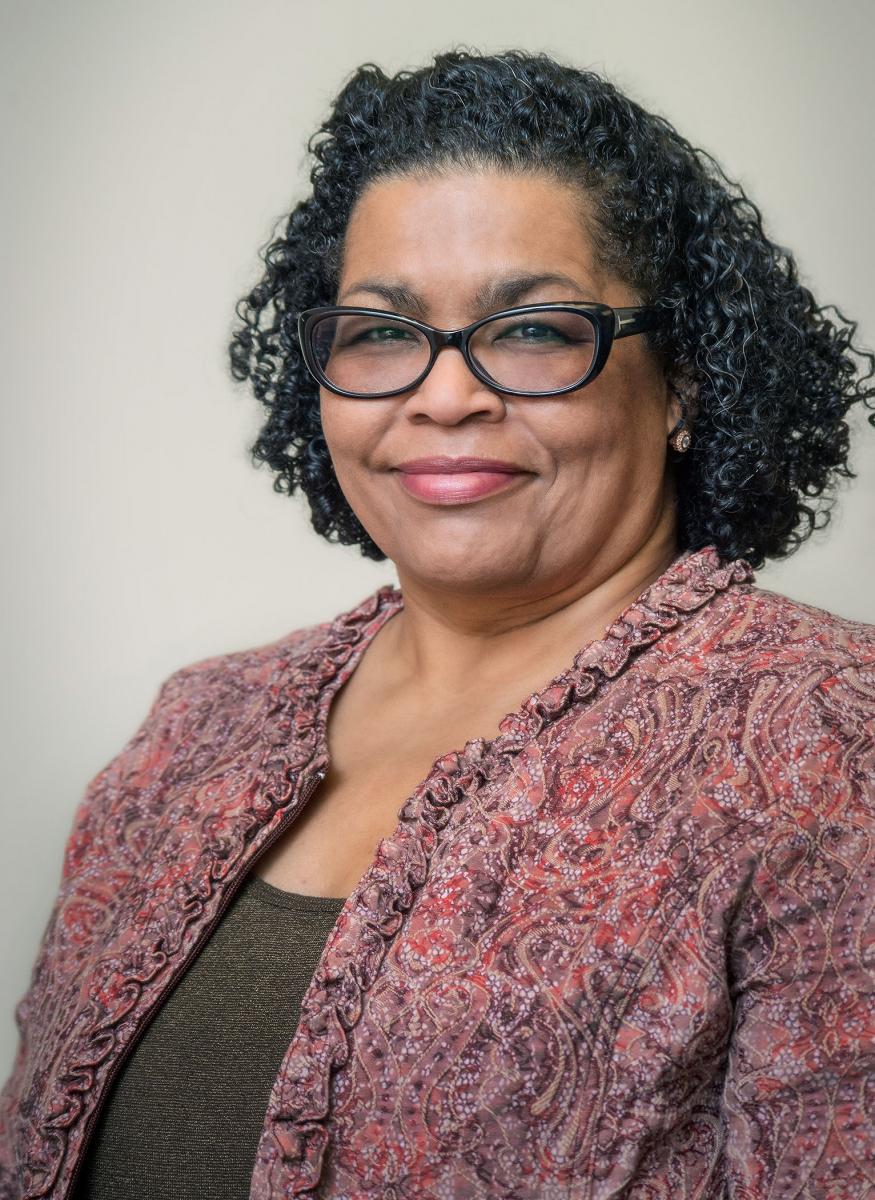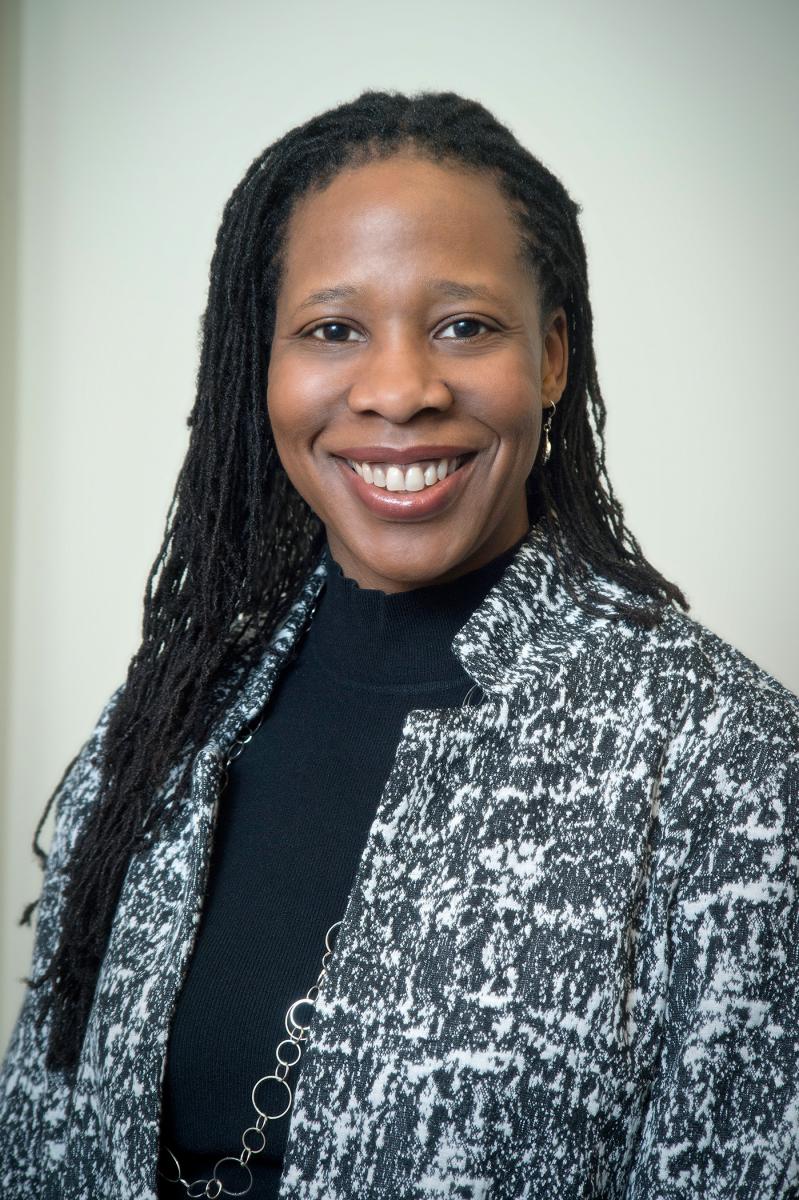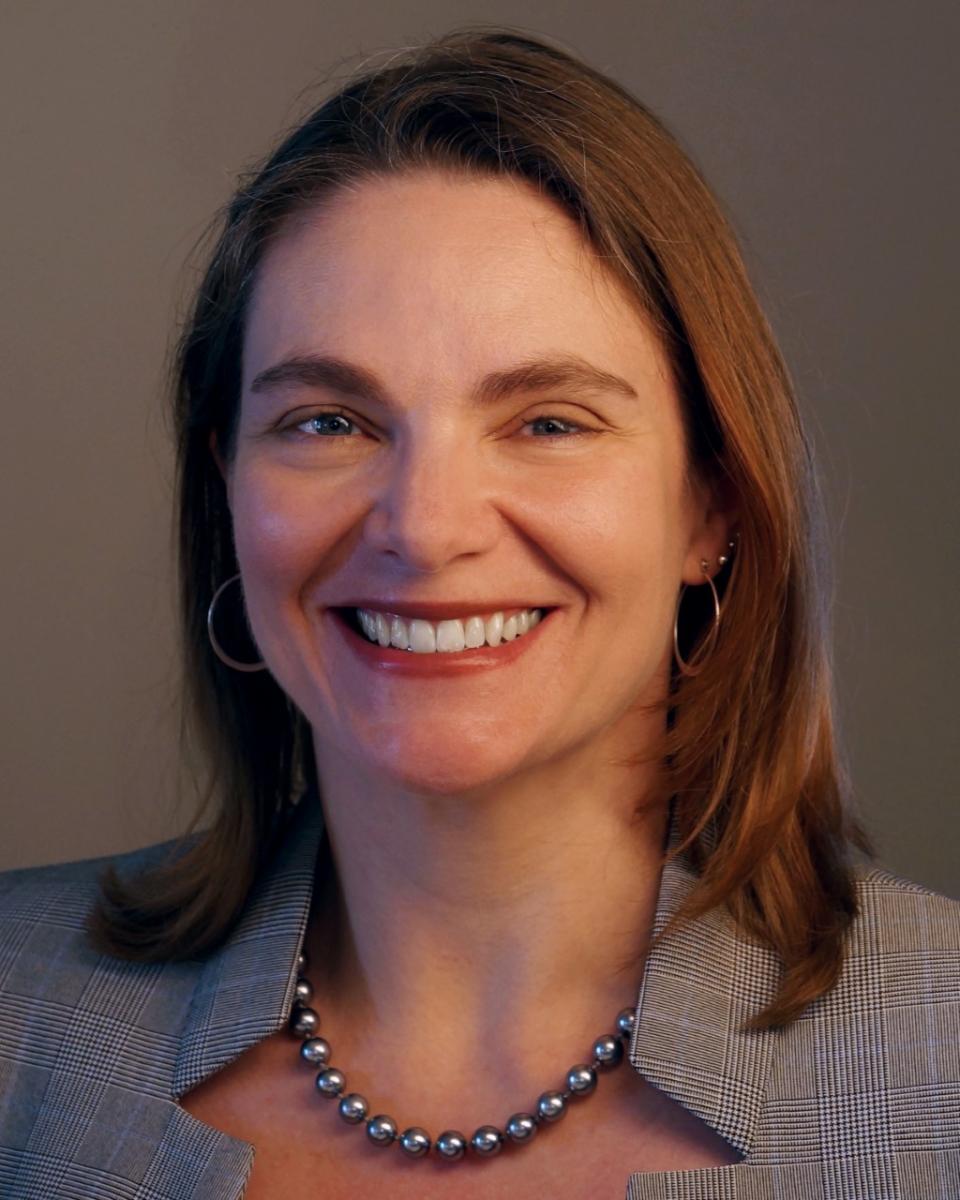Community Colleges Lead Free Tuition Movement
The idea of free community college has gradually moved to the forefront of the higher education debate. Democratic presidential candidate Hillary Clinton and Bernie Sanders both agree that college tuition should be free for families making under $125,000, and Clinton has made the initiative part of the official Democratic Party platform.
While the Democrats hashed out their ideas at the Democratic National Convention in South Philadelphia, Community College of Philadelphia and the College Promise Campaign hosted a special screening of “No Greater Odds,” a documentary that highlighted the stories of five community college students at the College of Southern Nevada (CSN) as they overcame challenges faced by students who pursue higher education.
Following the screening, Dr. Donald Guy Generals, president of Community College of Philadelphia, joined Mary Cathryn Ricker, executive vice president, American Federation of Teachers; Michael Flores, communications and government affairs director, College of Southern Nevada; , Patrick Wirtz, the documentary’s director; and Christopher Cabaldon, Mayor of West Sacramento, for a panel discussion that underscored the important relationship between community colleges and the actual communities they serve.
“Some of the issues we’ve seen daily through the news relative to our politics, relative to our policies, relative to our social engagement, relative to our economy—all have answers and solutions in what community colleges do,” Dr. Generals said. “For those who are disadvantaged and ostracized to the marginal parts of our society, it is the community colleges that make the difference.”
Community College of Philadelphia, along with other community colleges across the country, is making strides towards a more affordable, universal model. Last year, Community College of Philadelphia introduced its 50th Scholars program, which offsets the remaining tuition balances for incoming Philadelphia high graduate students who qualify.
According to the College Promise Campaign, the average college graduate accumulates $28,000 in student loans. The increasing tuition costs cause low-income families and first-generation college students to lag behind in college enrollment by over 30 percent, compared to their higher income peers.
The College Promise Campaign is focused on driving non-partisan public support to make the first two years of community colleges across the nation as universal, free, and accessible as high school.
“We have to look at the importance, the public good aspects of community colleges, relative to our democracy, our economy, and our way forward as a nation,” Dr. Generals said.
 tion, workforce readiness, civic engagement and most importantly, student achievement.
tion, workforce readiness, civic engagement and most importantly, student achievement. irements,” she said.
irements,” she said. the College’s new associate vice president for Academic and Student Success, has made a career of examining and assessing student learning outcomes. At Community College of Philadelphia, she will work with faculty and staff to promote more effective and clear pathways for students.
the College’s new associate vice president for Academic and Student Success, has made a career of examining and assessing student learning outcomes. At Community College of Philadelphia, she will work with faculty and staff to promote more effective and clear pathways for students.

